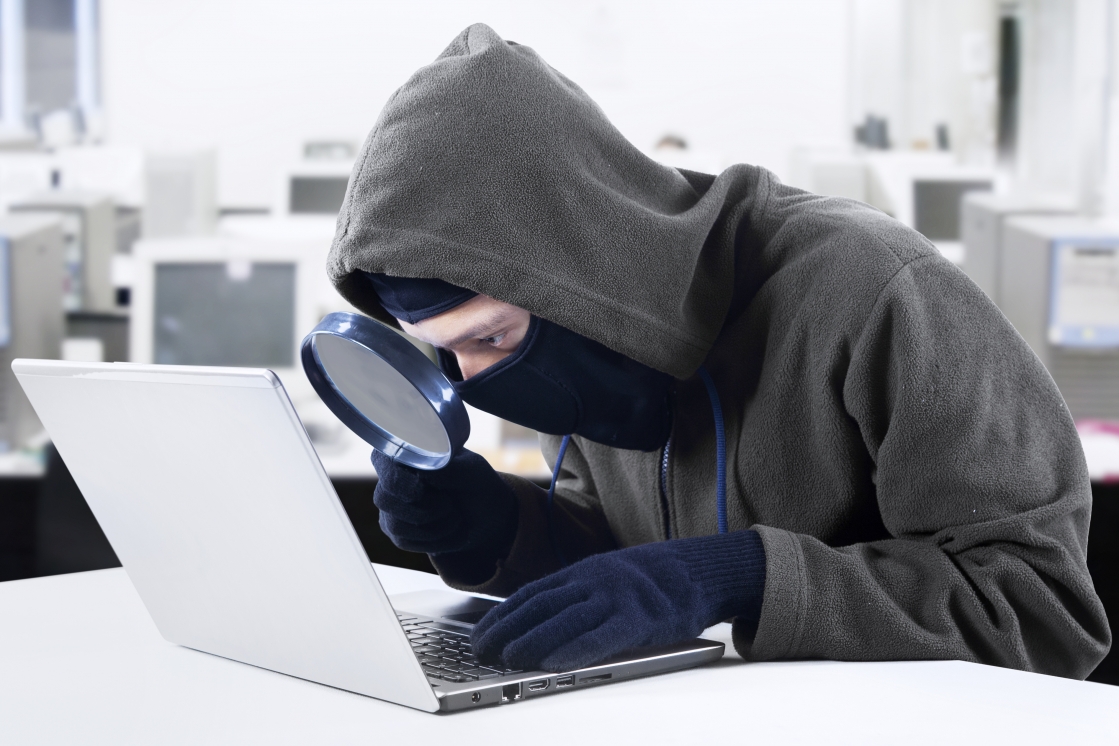What is malware and why you should worry?

If you're anything like us, you're using the internet everyday. You can do almost everything online, from ordering your groceries to reading a book. You can even buy a car or choose a wedding dress! But have you ever thought about the kinds of shady characters who are lurking behind the computer? The fact is, the internet is a fantastic tool but it doesn't come without a few dangers - and one of these is malware.
Basically, malware is malicious software that's been set up to target, steal from and cause damage to unsuspecting browsers and their computers. It's a phrase that covers a whole bunch of evils, from spyware that peeks at your private information to nasty viruses that can crash your computer. In fact, a survey from the Australian Institute of Criminology found that a whopping one in five respondents said they had their details misused as a result of a computer hacking in 2013.
Cyber crooks are coming up with craftier ways to steal your personal information. Here are some of the ways they can make off with your details - and how to ward off these attacks.
Leaving the back door open
Hackers are a sly bunch. With the right software, a hacker can crack the codes surrounding even the most sensitive information. They'll try all the tricks in the book to lure you into downloading a file containing malware - and it only takes one breach to cause a lot of damage. According to estimates from the Attorney-General, credit card fraud, identity theft and scams cost Australians $900 million every year1.
While these programmes fall under the broad umbrella of malware, there is actually an array of systems that do different things. Trojan horse programmes are a big one - and you can download them without even realising. Trojans look like your average file download, but they're specifically designed to steal all types of data - including the most sensitive kind, like online banking details.
If you've ever clicked on a suspicious link, downloaded an attachment from an unknown email address or gone through a dodgy site, you can open the back door to cyber thieves.
You're being watched
There's another kind of malware that could be watching your every move - spyware. Think of it like the supervillian to the internet's James Bond. This software secretly monitors everything you do on your device, recording keystrokes, login information - even what you buy on your favourite online store! All these tidbits can be used to steal your identity and even add up to a big financial loss.
A lot like a trojan, spyware can find its way onto your machine through unprotected file downloads. You might notice that your computer is running a little slower than normal, but the stealthiest programmes can run in the background without being noticed. You probably won't know it's there until too late!
Arm yourself
The best thing you can do is to make sure all your devices have a really solid antivirus system. You might think that your operating system has a rock solid system, but the trickiest of cyber criminals can find their way through a hole in security - and they're creating new malware codes every day. In any case, be really careful about opening files or attachments from websites, instant messages and email, even if you know the sender - and scan any file you download from the internet for suspicious activity before opening it.
Make sure you have the most up-to-date antivirus software available, and consider standalone anti-spyware and anti-malware programmes for another layer of protection. It doesn't need to cost a fortune, either. Many companies offer free downloads or cost-effective protection.
The internet can either be your best friend - or your worst enemy. It doesn't matter if you're checking up on your social media profile or sending an email, if your computer doesn't have a solid defence against nasty computer programmes, your details are ripe for the taking. For that extra peace of mind, our Identity Watch experts can keep a close eye out for your details in the digital world and let you know if your information is found on illegal criminal forums where it shouldn't be.
1 Identity crime and misuse in Australia: Key findings from the National Identity Crime and Misuse Measurement Framework Pilot. Australian Attorney-General’s Department. October 2014
